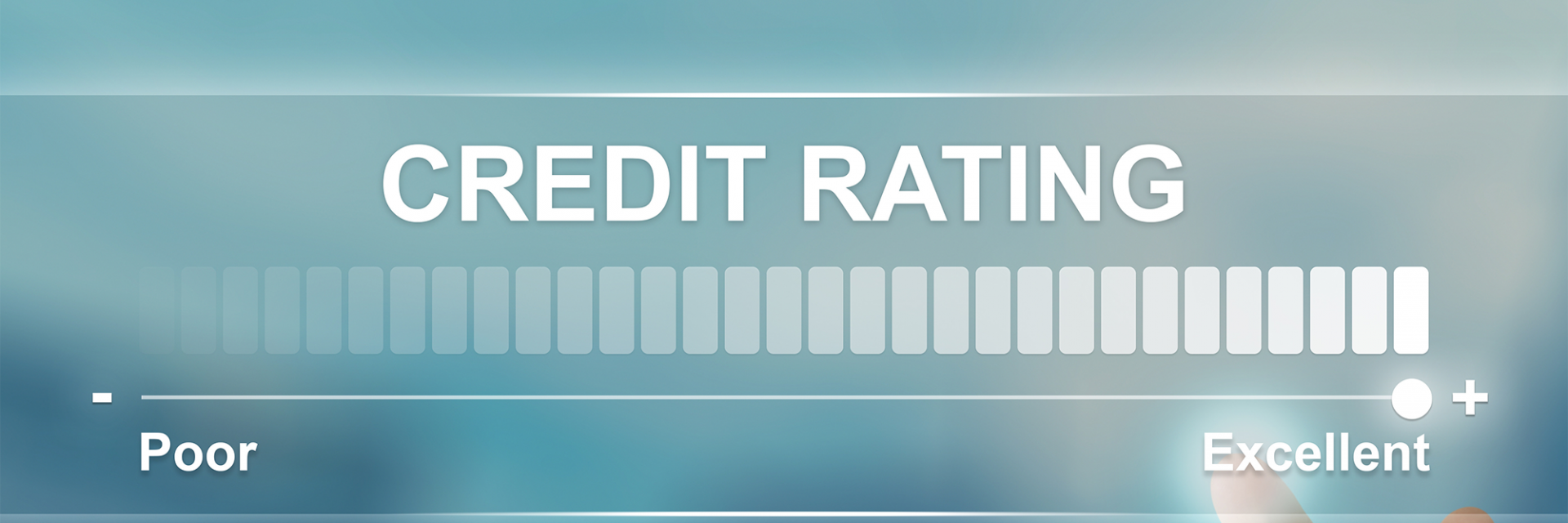Dakar, 24 October 2023 - In efforts to increase capacities in member states on sovereign credit rating issues, the United Nations Economic Commission for Africa (ECA) Planning held an online course for 254 experts from 40 countries on Sovereign credit rating on 23rd October 2023.
Participants hailed from government departments, including finance, economics and planning departments, Central Banks, the private sector and academia.
The two weeks training was facilited by the ECA’s Private Sector Development and Finance Division (PSDFD) and the African Institute for Economic Development and the course work structured around ensuring comprehensive understanding of the factors that credit rating agencies consider when assessing the creditworthiness of sovereign entities. This knowledge is crucial for policymakers, financial analysts, and government officials in African countries.
“Sovereign rating has become a problem in the management of public finances in our Member States because there are preconditions to be met for access to international markets to fill budgetary gaps and ensure financing of public services which are essential for inclusive growth and sustainable development”, highlighted Sonia Essobmadje, Chief of Innovative Finance and Capital Markets Section at PSDFD, during the opening ceremony.
“By launching this training, IDEP hopes to create a community of experts, such as government officials, policy makers and financial professionals capable of making informed decisions on the impact of sovereign credit ratings on borrowing costs, perception of investors and the overall economic environment”, said Bakary Dosso, Head of Training and Research Division at IDEP.
Providing reliable and available data
Sovereign credit ratings influence the terms at which countries can borrow. A favorable sovereign credit rating enhances a country's attractiveness to foreign investors. Benefits of receiving a credit rating include country ability to raise funds for developmental programs and/or debt obligations.
African countries often rely on borrowing to finance large-scale development projects such as infrastructure, healthcare, education, and various initiatives.
However, it is only in the 2000s that many African countries received their first ratings. Some African countries unfortunately still have not obtained a formal credit rating. The reasons include the costs associated with obtaining ratings, lack of knowledge of benefits of the ratings, apprehension of receiving a low rating and lack of the necessary financial and economic data required to obtain a rating.
The course provided an understanding of the sovereign credit rating process and what determines a rating, as well as the regulation of the rating industry, the role data plays, and how to engage rating agencies and investors more effectively.
Issued by:
Communications Section
Economic Commission for Africa
PO Box 3001
Addis Ababa
Ethiopia
Tel: +251 11 551 5826
E-mail: eca-info@un.org

